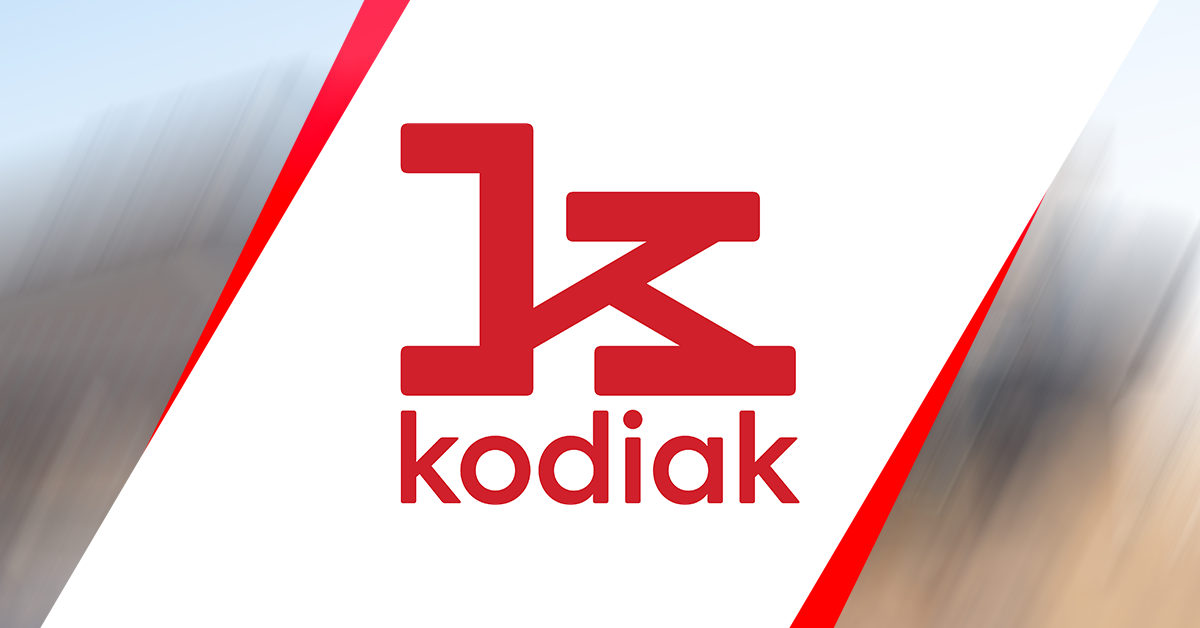Kodiak Robotics has agreed to merge with special purpose acquisition company Ares Acquisition Corporation II, or AACT, in a transaction that would take the autonomous vehicle technology provider public.
In a joint release published Monday, the companies said the boards of directors of Kodiak and AACT have unanimously approved the transaction, which is expected to conclude in the second half of 2025.
Eyes Broader Client Base by Going Public
The deal places a pre-money equity value on Kodiak of about $2.5 billion.
To fund the transaction, Soros Fund Management, ARK Investments, Ares and other institutional investors have committed over $110 million in financing. Upon closing, the combined entity is expected to secure about $551 million of cash held in AACT’s trust account.
“We believe entering the public markets will accelerate our strategy to expand our existing partner relationships, provide our technology to a broader customer base, and deliver enhanced solutions across the commercial trucking and public sector industries,” said Don Burnette, founder and CEO of Kodiak.
“Further, with Kodiak’s disciplined approach to capital management, along with strategic and financial support from Ares, we believe we are well-positioned to execute on our long-term growth plans,” Burnette added.
The combined entity will operate as Kodiak AI and list its common stock and public warrants on a national stock exchange using the ticker symbols “KDK” and “KDK WS,” respectively.
What Does Kodiak Do?
Established in 2018, Kodiak has developed an artificial intelligence-powered technology stack designed for commercial trucking and public sector applications.
Through its AI-based autonomous vehicle tech, the company delivers freight for its customers across the southern U.S. on a daily basis. The AI-powered autonomous platform, Kodiak Driver, has recorded over 2.6 million miles in real-world conditions.
Kodiak has received an initial order of 100 trucks from Atlas Energy Solutions.
In addition to a contract with the Department of Defense, the tech company has secured about $30 million to adapt its autonomous technology for U.S. Army vehicles.



